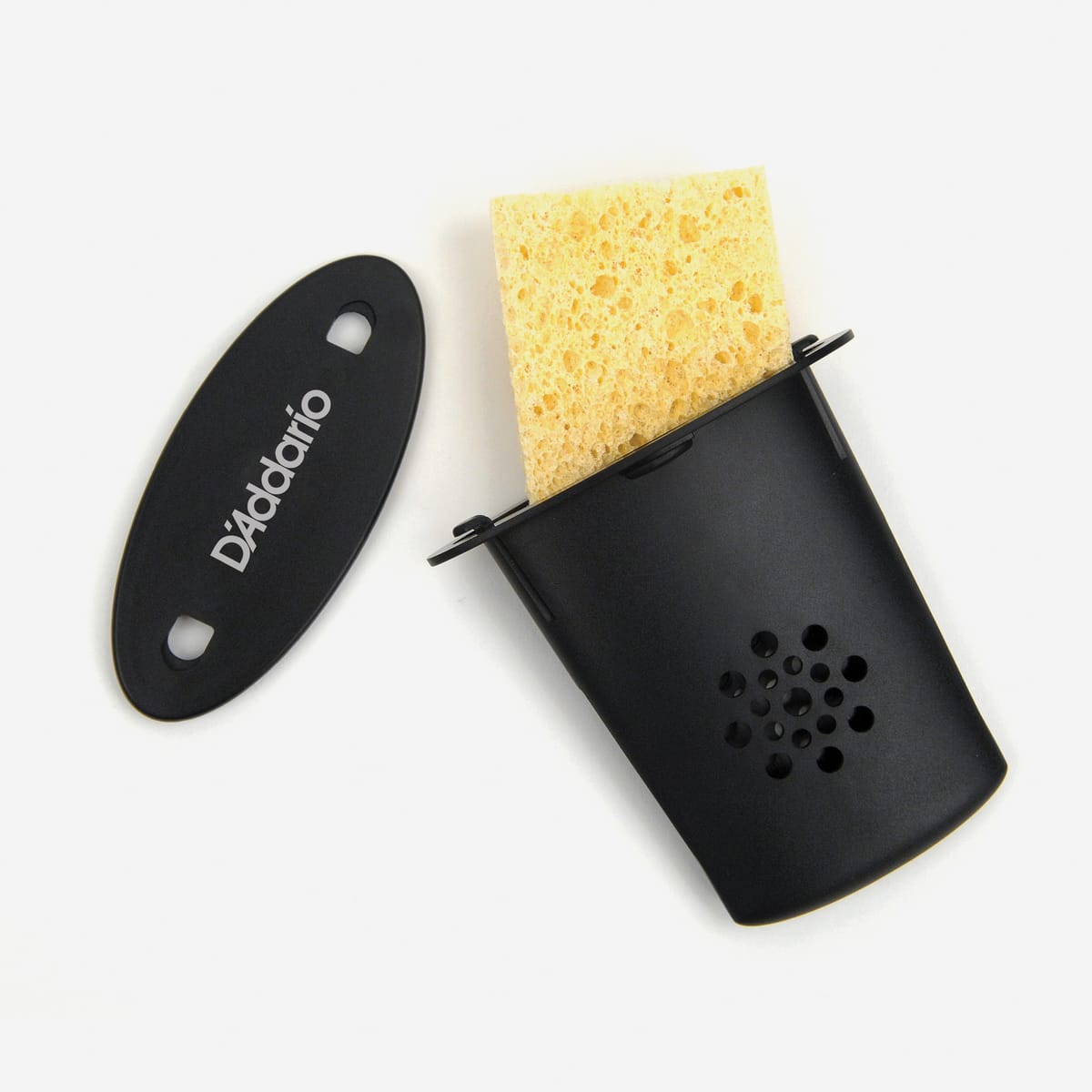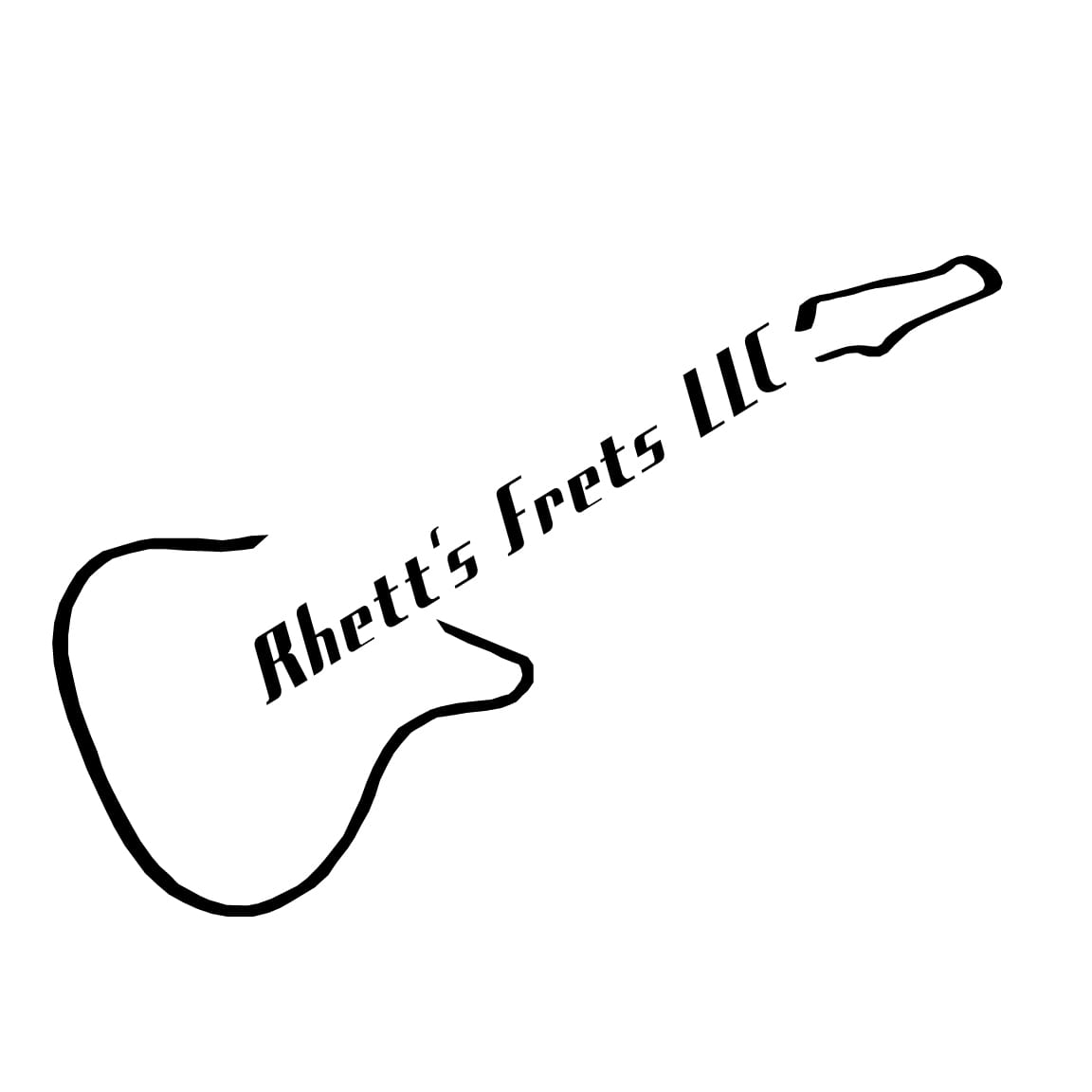Happy Humid Holidays!

Greetings Customers and Friends!
As the holiday season approaches and temperatures fluctuate, it's important to address a few key topics related to guitar care.
Humidity and Its Impact on Guitars
Guitars, being made of wood, are highly sensitive to changes in humidity. The type and quality of tonewoods used, along with the construction techniques, influence how much moisture the wood absorbs and releases. High-end acoustic guitars, in particular, are more vulnerable to these changes due to their thinner wood and lighter finish, which allow for better resonance but also make them more prone to cracking and warping.
During winter, home heating systems can dry out indoor air, causing the wood in guitars to lose moisture. This often leads to issues like warping, twisting, and cracking. A common sign of a dry guitar is fret ends that protrude from the fretboard. If you notice this, especially on guitars with Rosewood or Ebony fretboards, it's a clear indication that the guitar is too dry. To prevent damage, place your guitar in its case with a soundhole humidifier. (These are available at my shop fyi) These devices use distilled water to maintain optimal humidity levels, typically between 42-55% relative humidity.
You can monitor the humidity in your home with a digital hygrometer, which is available from guitar suppliers like StewMac, as well as retailers like Amazon and Walmart. If you prefer to keep your guitar on a stand or mounted on the wall, a room humidifier is an excellent solution. Be sure to choose a humidifier rated for the size of the room, and consider using a separate hygrometer to ensure accurate readings. For reference, my 288-square-foot shop requires approximately 1/2 gallon of water per day in a room humidifier to maintain 43% humidity when temperatures drop below freezing. Proper humidity control will prevent costly repairs from cracks and other damage.
Guitar Setups for the Holidays
If you're receiving a new guitar this holiday season, congratulations! However, it's important to remember that most guitars come from the factory with a generic setup, which may not match your preferences. Typically, the action is set too high, and the intonation may be off. To ensure your new instrument plays at its best, consider having it professionally set up by a skilled technician or luthier. In the Nashville area, we are fortunate to have many talented experts who can tailor your guitar to suit your playing style, so be sure to budget for a setup if you receive a new guitar.
By taking care of your guitar's humidity needs and getting a proper setup, you'll enjoy a better playing experience and avoid potential damage in the long run.
Happy holidays to all of you and your families. Thank you for being loyal customers and friends!
Rhett
